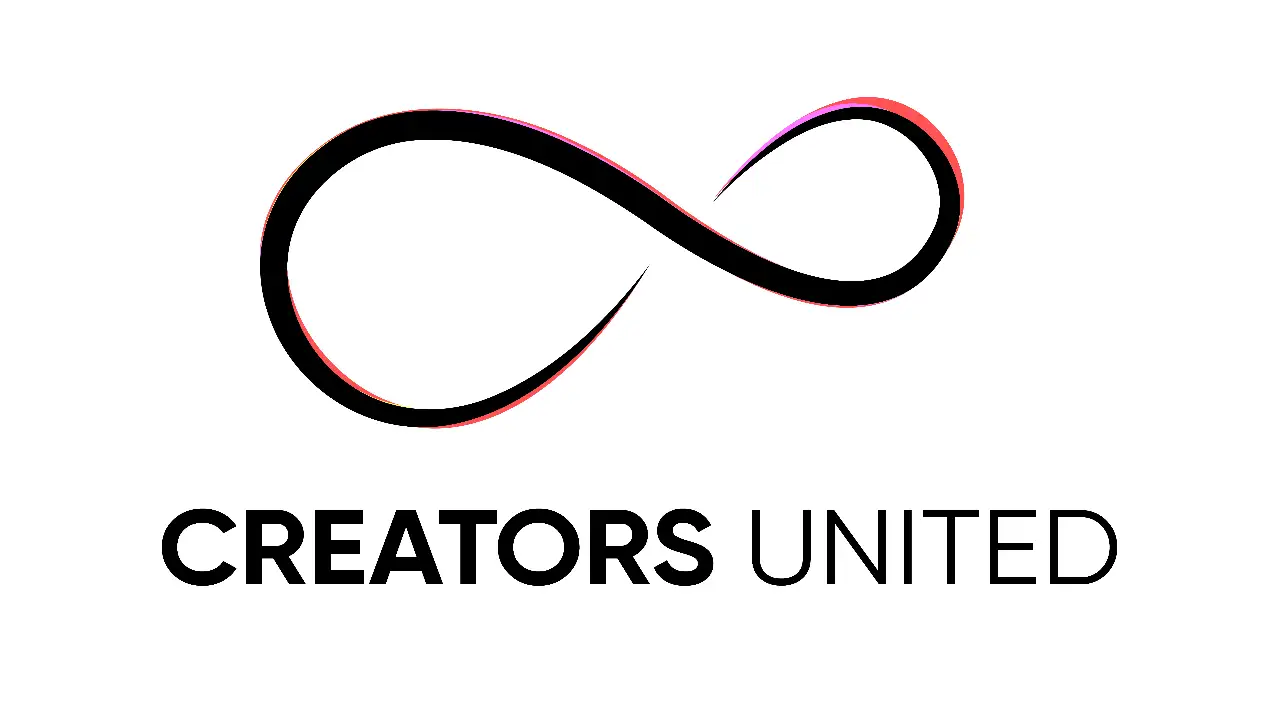Democratizing access for content creators: Key to solving challenges in M&E Industry
ReelStar aims to combine all of the popular social media features into one single app, along with Web3 NFT minting, NFT marketplace, their exclusive Digital Wallet, making it a first of its kind app.

The year 2020 will forever be remembered for bringing enormous transformations worldwide and in various sectors. Among them is the Media & Entertainment Industry, which saw a huge change in how content was created and consumed in India. During the Covid-19 lockdowns, India saw the rise of several homegrown social media platforms where people could upload and share short videos. These videos were an instant hit among the masses as they gave the users their 2 minutes of fame while simultaneously providing entertainment at the click of a button. Drawing massive engagement, such platforms became a means of income for many creative minds.
With over 600 million smartphone users in India, several social media platforms are thriving today. While earlier only the young generation used social media platforms, things are changing now as people of all age groups are using them for various reasons including business, socializing, dating, politics, etc. Globally, there are more than 4.7 billion active social media users. The numbers indicate the rising popularity of social media platforms which have become a routine and habit for many people.
Visible challenges
Social media platforms leverage artificial intelligence and machine learning technologies to offer content in various languages, customized for varied tastes. The market is ripe for content creators and consumers, but it is equally competitive. Each platform has to be different from the others to stand out and offer something unique so that the audience remains hooked. Other than that, offering a smooth user experience and data security could pose challenges.
Some of the biggest issues faced by the content creation community include producing quality content, generating content consistently, monitoring ROI, choosing the correct channels, etc. Besides, there are several other drawbacks of centralized social media such as online privacy, censorship, security from data theft, and user control that make the users highly dissatisfied.
What are decentralized social media platforms and how do they solve these issues?
To overcome the above-mentioned challenges, decentralized social media platforms built on blockchain are specifically designed to protect users from censorship restrictions, safeguard user data and encourage free speech. Operating on independent servers, these platforms are not controlled by a central authority.
Since users own their data on a decentralized platform, they can be sure about its security, unlike traditional social media which has been pointed out for security breaches. This is because of the advertising-based business model that depends on selling data to businesses to drive profits. On the other hand, decentralized social media allows users more control and resistance to censorship. The content generated is also safe from deletion or modification by site administrators or corporations.
Decentralized networks have a unique feature to centralized ones; they support networks that allow users to make their own choice. The users can build a network and allow people with similar interests to connect. Several kinds of social media can be concurrently hosted on a decentralized platform and any online user is free to create an individual community.
A system of governance is used in these platforms, unlike a single entity’s judgment which is taken as the final word. Users have the power to vote on important issues and also have a say on how the platform grows, instead of abiding by the central authority’s decisions.
People wish to detach themselves from intrusive marketing and advertisements which is making them gravitate towards decentralized networks. One such example of a decentralized social media platform that has recently come to light is ReelStar. ReelStar aims to combine all of the most popular social media features such as live streaming, video sharing, peer-to-peer chat, and audio/video calling, into one single app, along with Web3 NFT minting, NFT marketplace, their exclusive Digital Wallet, making it a first of its kind app.
Industry benefits
With the advent of decentralized social media platforms, we can expect the industry to boom in a short span. These social media platforms can be game changers if built on top of a monetary network. Content creators and their fans can be paid for being professional consumers of content on the web, making way for an active opportunity of making payments through cryptocurrency. The decentralized social media can also have non-fungible tokens (NFTs) to monetize content. Aside from the infrastructure change, these platforms are changing the way social media companies are making money. Thus, this process encourages and endorses internet currency that is quicker and safer. ReelStar aims to change the way the world creates, distributes, and owns the content. The blockchain is ushering in a new era of content creation where creators have more control over their works and how it is distributed to their fans. ReelStar hopes to achieve what the current creative industry cannot: democratizing content ownership.
Potential of decentralized social media
Tagged as the future of social media, decentralized social media can allow one to enjoy independent profiles that are self-managed with enhanced security, interoperability, flexibility, and democratized governance, among a host of other benefits. Unfortunately, decentralized social media isn’t currently used by many but this is likely to change soon as the centralized versions continue to become inefficient and come across as flawed. Besides, data privacy remains a key issue with centralized social media which makes users have no control over data consumption and usage.
As people continue to lose faith in Big Tech for breach of data privacy, there are endless possibilities that lie ahead for decentralized social networks. Similarly, ReelStar aspires to give people more control over their privacy and data, while also creating more monetization opportunities in the process. To provide the groundwork for its ambition, it has established new partnerships, held two successful ITOs and supported several events. ReelStar changes the entire creative landscape placing creators and consumers in charge of the media and entertainment industry and all initiatives independent of a centralised authority.
Disclaimer: This article is published under the featured partnership program





 JOIN OUR WHATSAPP CHANNEL
JOIN OUR WHATSAPP CHANNEL













































































